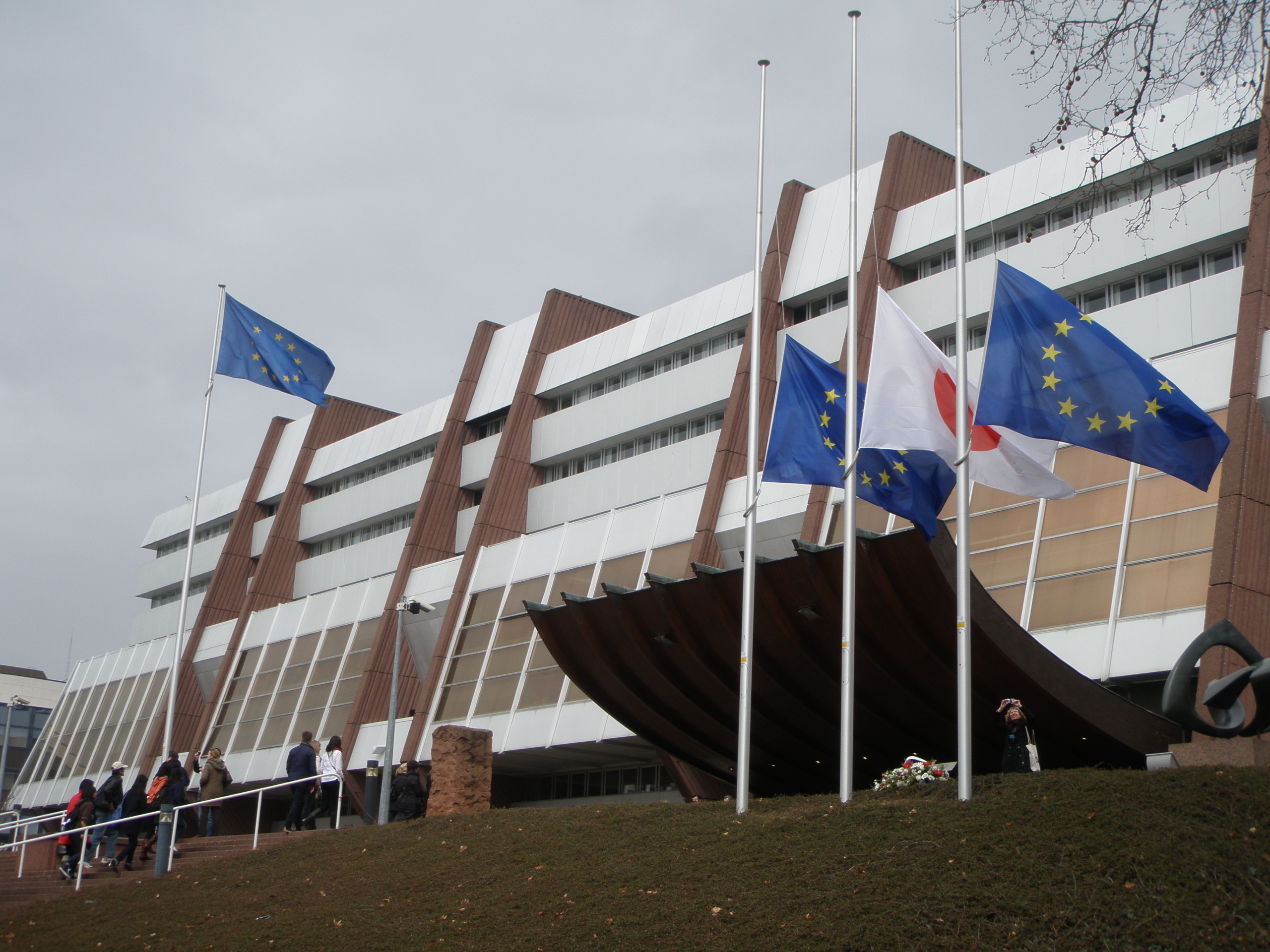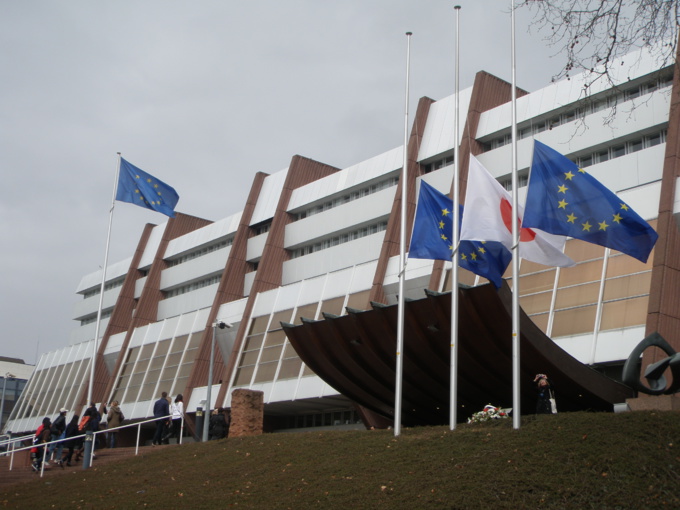"This treaty sends a clear message to the whole world that the EU and Japan intend to continue building an economy based on free, open and fair markets with clear and transparent rules, fully respecting and promoting our values and fighting the temptation of protectionism," - chairman of the European Commission Jean-Claude Juncker and Japanese Prime Minister Shinzo Abe said in a joint statement, issued in Brussels on Friday, December 8.
The treaty is subject to ratification by both parties. In the event of a positive outcome, a new free trade area with a population of 600 million people and an economy that accounts for 30 percent of world GDP will appear. Earlier, Abe and Juncker noted that the free trade agreement, which was agreed upon for four years, is of strategic importance, surpassing its economic value.
For Japan, the EU is the third most important trading partner, and Japan for the European Union is the sixth largest. The Free Trade Agreement will open the European market for the Japanese auto industry, which is the world's leading. In exchange, Japan will abolish trade barriers for agricultural products from the EU. The European Union notes that this promises huge benefits to European farmers.
If the treaty enters into force, its scope will be truly impressive. The free trade zone created on its basis will include 600 million people and approximately 30% of world GDP. All the duties that are currently in force between Japan and the EU countries will be canceled. This will allow the European business to save around one billion euro.
However, there is one more issue - investment protection, which is planned to be discussed in the next year.
"We agreed that we need a little more time to understand how to move forward," Cecilia Malmström, European Commissioner for Trade, explained.
So far, the EU has been insisting on the use of a new system of investment courts for dispute settlement (ICS), while Japan is on the side of a more traditional scheme for resolving investor-state disputes (ISDS). This method is used when foreign states nationalize property of investors, pass laws , violating international trade agreements, or are biased towards the company.
source: nytimes.com
The treaty is subject to ratification by both parties. In the event of a positive outcome, a new free trade area with a population of 600 million people and an economy that accounts for 30 percent of world GDP will appear. Earlier, Abe and Juncker noted that the free trade agreement, which was agreed upon for four years, is of strategic importance, surpassing its economic value.
For Japan, the EU is the third most important trading partner, and Japan for the European Union is the sixth largest. The Free Trade Agreement will open the European market for the Japanese auto industry, which is the world's leading. In exchange, Japan will abolish trade barriers for agricultural products from the EU. The European Union notes that this promises huge benefits to European farmers.
If the treaty enters into force, its scope will be truly impressive. The free trade zone created on its basis will include 600 million people and approximately 30% of world GDP. All the duties that are currently in force between Japan and the EU countries will be canceled. This will allow the European business to save around one billion euro.
However, there is one more issue - investment protection, which is planned to be discussed in the next year.
"We agreed that we need a little more time to understand how to move forward," Cecilia Malmström, European Commissioner for Trade, explained.
So far, the EU has been insisting on the use of a new system of investment courts for dispute settlement (ICS), while Japan is on the side of a more traditional scheme for resolving investor-state disputes (ISDS). This method is used when foreign states nationalize property of investors, pass laws , violating international trade agreements, or are biased towards the company.
source: nytimes.com



















